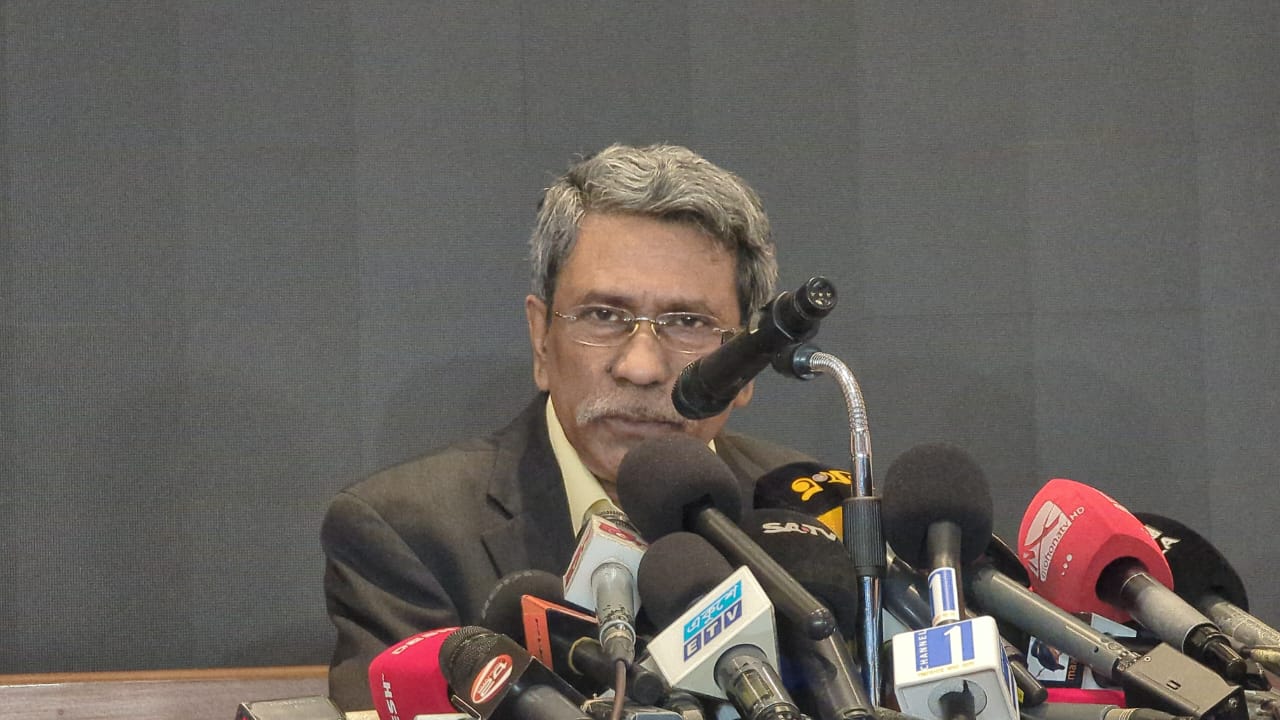National Consensus Commission is set to resume discussions with political parties to finalise the implementation process of the July Charter and ensure its obligations are met. The announcement came during a press conference held at the LD Hall of the National Parliament on Friday morning.
Professor Ali Riaz, vice chairman of the Commission, said that further dialogue is necessary to determine how the agreed-upon commitments in the charter will be enforced.
“To ensure the implementation of the consensually formulated and expectedly signed charter, discussions with political parties are essential,” said Riaz. “In this regard, the Commission will hold consultations with experts next week.” He expressed optimism that a suitable decision can be reached within a short timeframe.
On July 28, 2025, the Commission sent the draft of the National Charter to 38 political parties and alliances. It has been announced that, based on the opinions of these parties, the final draft will be published within the next few days. The Commission’s goal is to establish a permanent and sustainable political reform framework through the signatures of the parties on this National Charter and to determine its implementation process.
Riaz also noted that, in the first phase of discussions, 44 sessions were held with 32 political parties and alliances. Political consensus was reached on 62 issues. Among the notable proposals were the formation of a bicameral parliament, the process for impeaching the President, ensuring the independence of the judiciary, recognition of Bangladesh as a multi-ethnic and multi-religious state, restructuring of the anti-corruption framework, and ensuring transparency in the electoral process.
In the second round, 20 key constitutional issues were discussed. Of these, full consensus was achieved on 11 issues, while decisions on the remaining nine were made based on majority opinion. The Commission confirmed that dissenting views from certain parties would be documented.
The second phase of discussions starting June 10 addressed 20 key structural issues, including constitutional amendments, judiciary decentralization, Election Commission formation, and presidential powers.
Eleven proposals were unanimously approved, covering topics like neutral election of committee chairs, electoral boundary delimitation, presidential pardons, court decentralization, state of emergency rules, Chief Justice appointments, constitutional amendments, Prime Minister’s tenure, and expanding citizens’ rights.
Significant debate arose over fully electing 100 women members in Parliament to increase female representation; while most parties agreed on more seats, election methods remain unresolved. Similarly, despite consensus on creating a bicameral legislature, disagreements over the upper house’s structure and election process have prevented full agreement.
However, due to resistance from some political parties during the initial phase of dialogue, 25 proposals were not discussed.
The Commission aims to build on the progress made so far and move toward a unified approach to implementing national reforms outlined in the charter.


